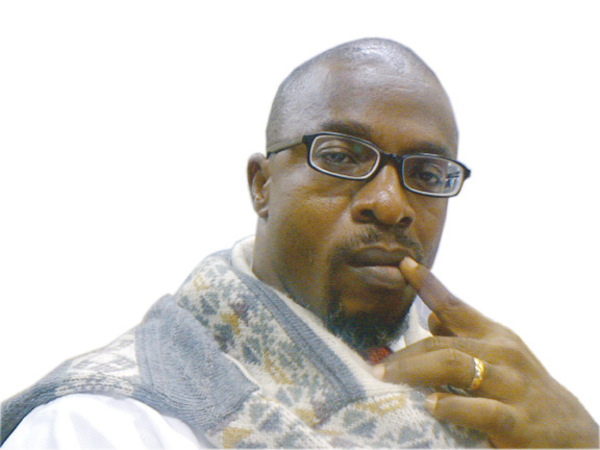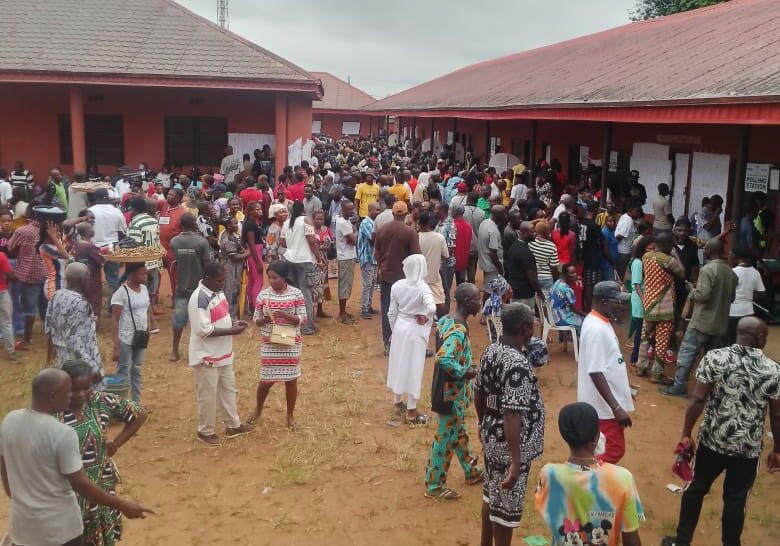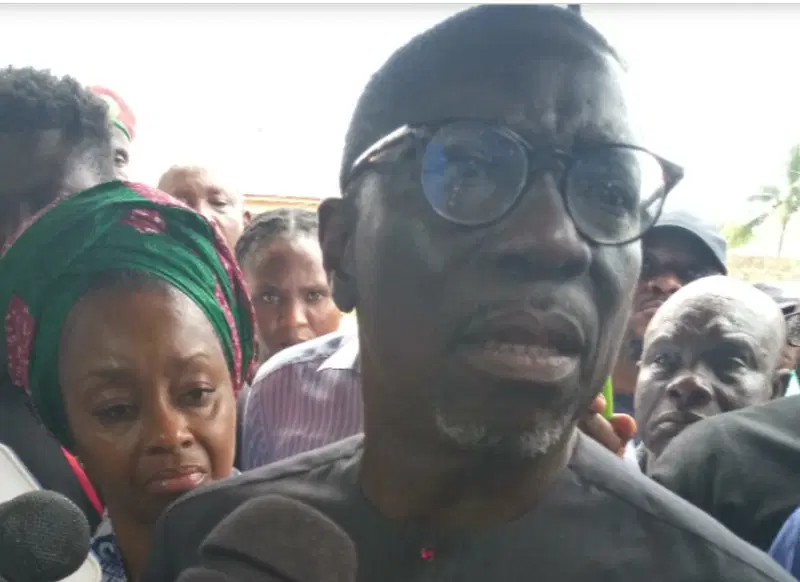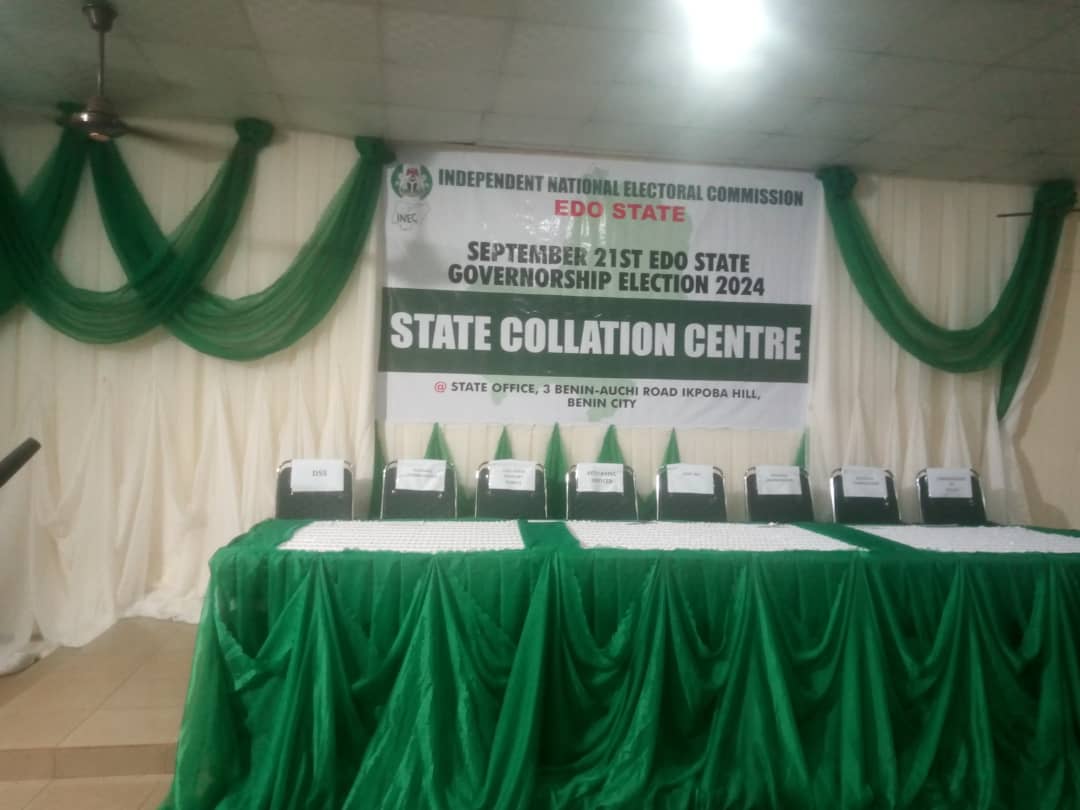The federal government renewed efforts to reduce the scourge of malaria in Nigeria at the weekend, choosing Africa’s richest person, Aliko Dangote, astute businessman Femi Otedola, and renowned banker Tony Elumelu to lead the effort.
Speaking at the inauguration of the team in Abuja, the minister of state for health and social welfare, Dr Tunji Alausa, stated that the country currently contributes over a quarter of global malaria cases and about a third of the over 600,000 malaria deaths worldwide, mostly affecting children and pregnant women.
Describing the situation as sad, the minister noted that the ailment contributes about 25 per cent to 30 per cent of childhood mortality and about 60 per cent of hospital attendance.
According to him, malaria is also a major cause of absenteeism in schools, markets, and workplaces, as well as a significant out-of-pocket expense for most households in the country.
Dangote is the chairman of the Dangote Group, Otedola is chairman of FBN Holdings Plc, Geregu Power Plc, and several other business concerns, while Elumelu is the chairman of UBA Group, founder of Heirs Holdings, and also chairs Trancorp Group.
At the inaugural meeting of the Nigeria End Malaria Council (NEMC), which also includes John Cardinal Onaiyekan, the minister stated that the industry heavyweights would collaborate with the Nigerian Governors’ Forum (NGF), National Assembly joint Health Committees and women’s organisations to drive the fresh efforts.
The minister noted that it was common knowledge that Nigeria, which currently has a population of over 200 million, has its entire population at risk of malaria, a situation that puts a huge challenge on the government.
He lamented that the implementation of the various interventions, such as the provision of antimalarial medicines, protective interventions such as chemo-preventive treatments, and treated nets and insecticides for indoor and outdoor spraying, had remained inadequate to meet the targeted population.
“While malaria cases and deaths are shrinking in other countries, Nigeria has continuously recorded a higher number of cases. The bulk of the support for the interventions is donor-driven, hence inadequate and not sustainable.
“Aware of the fact that no country ever eliminated malaria through donor support, the African Heads of State launched the African Leaders Malaria Alliance (ALMA) during the African Union Summit of 2009 and the Malaria Scorecard was developed in 2011 to monitor the country’s performance and also to be used as an advocacy tool for heads of government,” the minister added.
He recalled that the council was established in 2017 and was inaugurated by former President Muhammadu Buhari on August 16, 2022, stressing that the inaugural meeting was long overdue.
According to him, the End Malaria Council was set up to advocate for malaria to remain high on the national and state agendas through strong political commitment from leaders at all levels and mobilise financial and in-kind resources from new sources, including the private sector, to help close resource gaps in the national malaria strategic plan.
“By reason of your positions in Nigeria, your passion towards health issues, especially malaria, and the interest groups you represent, your membership to this council is inevitable for the benefit of the larger society, and especially children and pregnant women who are the most affected and would remain forever grateful,” he added.
As part of the event, the minister handed over the leadership of the council to Dangote, who has served as Nigeria’s Malaria Ambassador as well as a member of the Global End Malaria Council.
Speaking at the meeting, Dangote urged the members to tackle malaria head-on, highlighting their collective strength across government, civil society, religion, and business and their unique ability to mobilise resources for the national malaria programme.
Besides, he outlined the council’s primary objectives of ensuring malaria elimination remained high on Nigeria’s agenda. He noted that it is possible to secure sufficient funding with strong political commitment from leaders at all levels and advocacy at the national and state levels.
Dangote urged the council to be aware of its responsibility to protect and sustain the progress made so far and ensure that the country is on an irreversible pathway to ending malaria.
Council members are expected to mobilise funds needed to eliminate the malaria scourge in the country.
Also, the Nigeria End Malaria Council secretariat, led by its executive secretary, Mr Ope Abegunde, was handed over to the council.

 4 weeks ago
3
4 weeks ago
3















 English (US) ·
English (US) ·